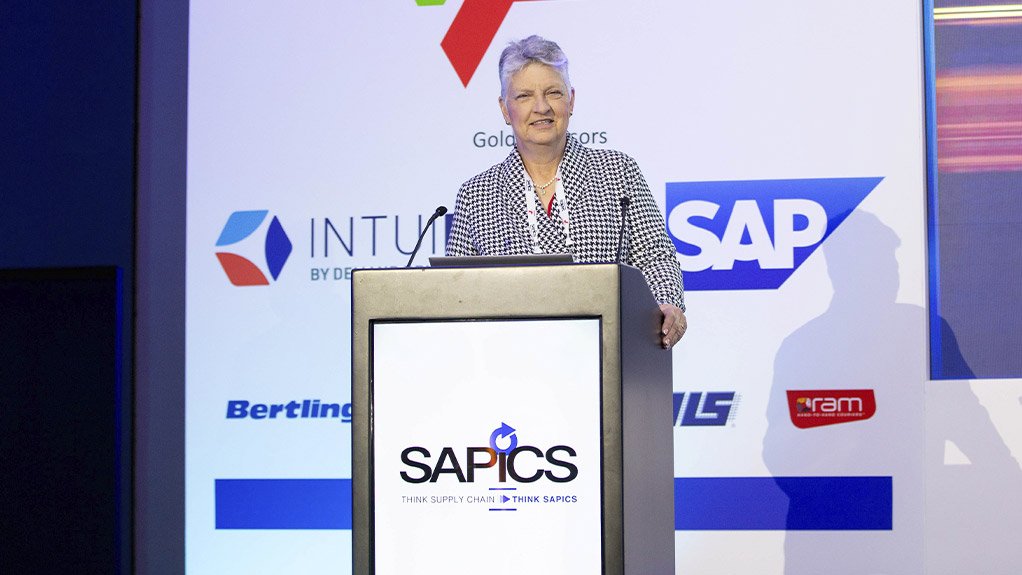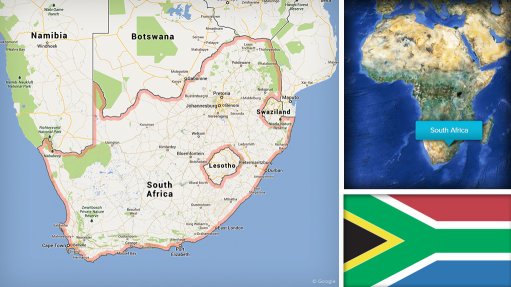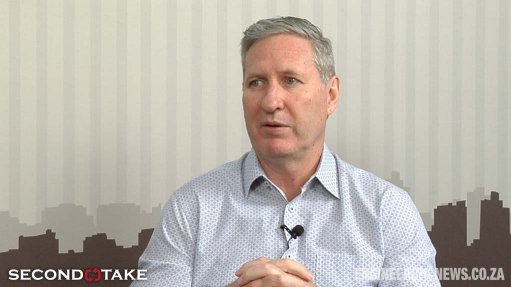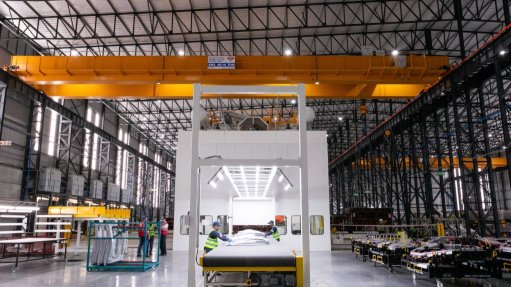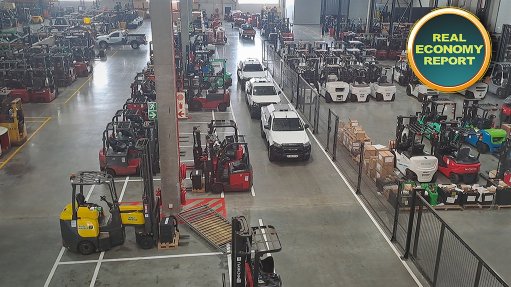Adapt to ongoing disruptions or become a dodo, expert warns supply chain managers
This article has been supplied.
Businesses that do not adapt to ongoing disruptions risk extinction. This was the message delivered by world renowned supply chain expert and author Carol Ptak at this year’s 47th annual SAPICS Conference, the leading event in Africa for the supply chain profession.
More than 700 supply chain managers convened in Cape Town for the conference, to learn, share knowledge and network. In her opening keynote session, United States-based Ptak delivered a bold wake-up call to an industry facing a new reality: ongoing disruptions. From global pandemics to geopolitical instability and climate shocks, the frequency and severity of disruptions is increasing. Organisations must adapt to this or risk becoming extinct, like the dodo, she stated.
In a world marked by volatility, uncertainty, complexity and ambiguity - the so-called “VUCA World” - traditional forecasting-driven approaches must go, Ptak stressed. “It’s not if disruption is coming,” she warned, “it’s when.” The ability of supply chain managers to accurately predict future demand or supply is rapidly becoming a dangerous illusion. “Forecasts start out wrong and then, the longer the forecasted time range, the higher the error rate. A further truth about forecasts is that the more detailed they are, the higher the error rate is,” Ptak said.
Her SAPICS Conference presentation emphasised that globalised supply chains are no longer “chains” at all, but complex adaptive systems. “They are fragile, fragmented and elongated webs of interconnected parts that defy linear thinking. The key features of complex systems are nonlinearity, sensitivity and disproportionality. A minor disruption at one point - such as the unavailability of a 10-cent part - can paralyse entire multimillion-dollar operations. In these environments, cause and effect are not proportionate, and minor events can trigger major consequences. Supply chains today are like pushing on a bucket of jelly,” Ptak remarked. “You can’t just push and expect a predictable response. The system moves in ways you can’t forecast - but you can manage the flow.”
Flow Over Forecast
Ptak urged SAPICS attendees to abandon outdated planning tools - including the master production schedule - and instead focus on managing the flow, which she defined as “the rate a supply chain converts material to saleable product required by a customer”.
Drawing on Plossl’s Law, she explained that all operational benefits are directly linked to the speed of flow. Faster, smoother flow results in better service, lower costs and greater resilience. A particularly damaging myth was also challenged: the belief that better customer service requires more inventory. “That’s a deep truth. Everyone believes it, but it’s false,” Ptak asserted. “You don’t need more inventory. You need better flow. Better flow leads to better customer service with less inventory.”
Rethinking Cost and Resilience
Cost should not be the starting point in supply chain management, according to Ptak, but a consequence of flow. Organisations and leaders obsessing over cost efficiency often sacrifice the very resilience that would protect them from disruption. “We can no longer build business and supply chain models based on profit maximisation strategies that ignore risk,” she told SAPICS delegates. “We must assume that disruption is inevitable and design for it.”
This means building supply chains that are not just efficient, but resilient – meaning they are able to recover quickly - and robust – meaning that they are strong enough to withstand disruptions and will not break. Resilience doesn’t come from stockpiles and spreadsheets. It comes from adaptable systems, dynamic interaction and smart prioritisation. Crucially, this includes recognising that so-called “C” items - which are low-cost, low-priority parts - are just as vital as “A” items. “A single missing ‘C’ part can bring a whole production line to a standstill,” Ptak said. “It’s not just about what costs more – it’s about what stops flow.”
Adapt or Die
Ptak used the words of Leon Megginson, paraphrasing Darwin, to leave SAPICS delegates with a powerful key message: “It is not the strongest or the smartest who survive, but those who adapt best to change.” For supply chains, survival will depend not on predictive accuracy, but on responsiveness, adaptability and mastering flow. “This is a time for a complete rethink of how we design and manage supply chains. The companies that thrive will be the ones that embrace complexity, ditch rigid forecasting and design and build supply chain models designed to protect and promote flow.”
Carol Ptak is a partner with the Demand Driven Institute, a global organisation that was founded in 2011 to advance and proliferate Demand Driven strategies and practices. She has written and co-authored numerous articles and books on Demand Driven principles, finance and information and planning systems.
For the first time this year, Demand Driven World was held as part of the SAPICS Conference. Demand Driven World is the world’s top convention focused on Demand Driven methods and applications.
Article Enquiry
Email Article
Save Article
Feedback
To advertise email advertising@creamermedia.co.za or click here
Comments
Press Office
Announcements
What's On
Subscribe to improve your user experience...
Option 1 (equivalent of R125 a month):
Receive a weekly copy of Creamer Media's Engineering News & Mining Weekly magazine
(print copy for those in South Africa and e-magazine for those outside of South Africa)
Receive daily email newsletters
Access to full search results
Access archive of magazine back copies
Access to Projects in Progress
Access to ONE Research Report of your choice in PDF format
Option 2 (equivalent of R375 a month):
All benefits from Option 1
PLUS
Access to Creamer Media's Research Channel Africa for ALL Research Reports, in PDF format, on various industrial and mining sectors
including Electricity; Water; Energy Transition; Hydrogen; Roads, Rail and Ports; Coal; Gold; Platinum; Battery Metals; etc.
Already a subscriber?
Forgotten your password?
Receive weekly copy of Creamer Media's Engineering News & Mining Weekly magazine (print copy for those in South Africa and e-magazine for those outside of South Africa)
➕
Recieve daily email newsletters
➕
Access to full search results
➕
Access archive of magazine back copies
➕
Access to Projects in Progress
➕
Access to ONE Research Report of your choice in PDF format
RESEARCH CHANNEL AFRICA
R4500 (equivalent of R375 a month)
SUBSCRIBEAll benefits from Option 1
➕
Access to Creamer Media's Research Channel Africa for ALL Research Reports on various industrial and mining sectors, in PDF format, including on:
Electricity
➕
Water
➕
Energy Transition
➕
Hydrogen
➕
Roads, Rail and Ports
➕
Coal
➕
Gold
➕
Platinum
➕
Battery Metals
➕
etc.
Receive all benefits from Option 1 or Option 2 delivered to numerous people at your company
➕
Multiple User names and Passwords for simultaneous log-ins
➕
Intranet integration access to all in your organisation



